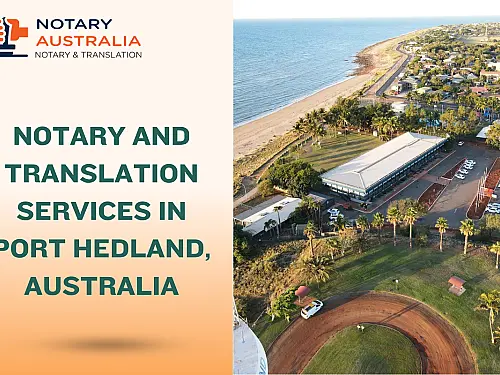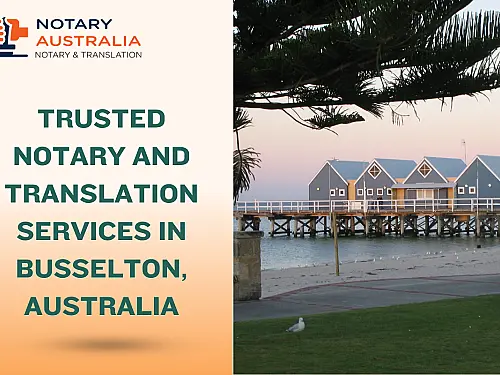



Company Docs? Get Them Notarized Legally
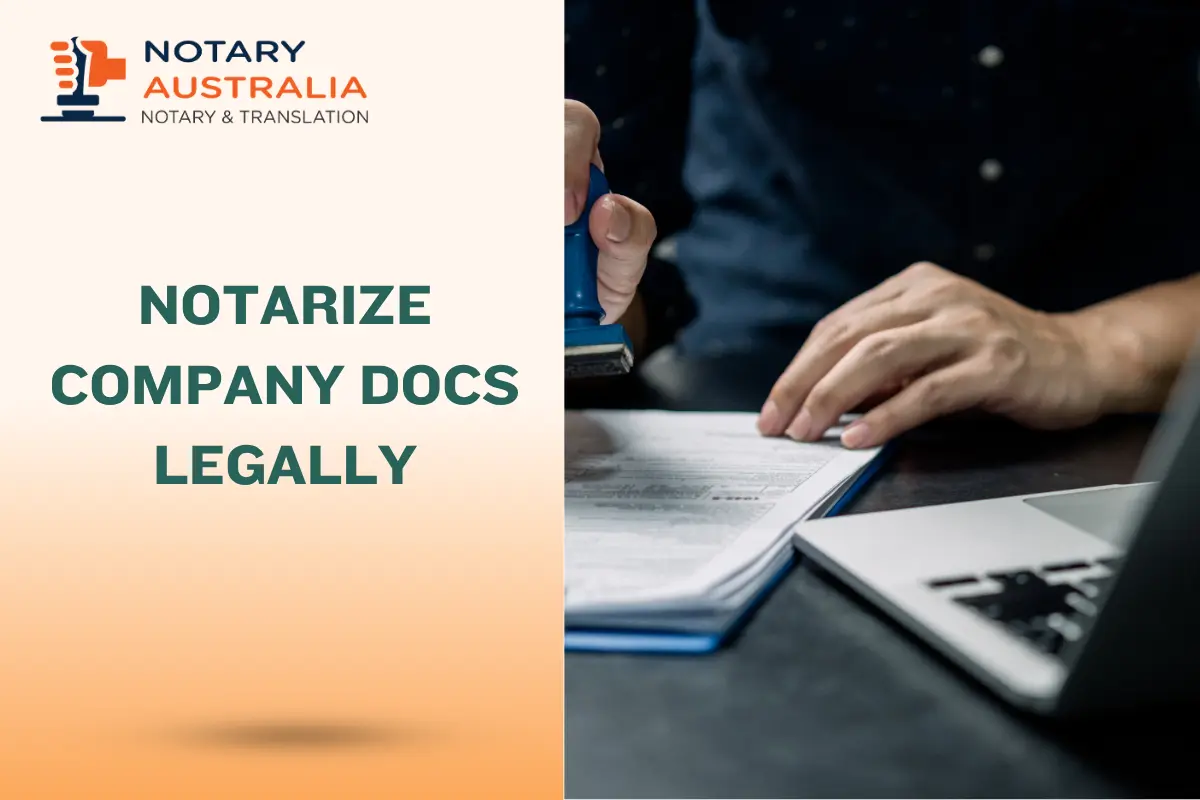
Table of Contents
Running a business in Australia comes with legal responsibilities—and one of the most crucial yet overlooked tasks is notarizing your company documents. Whether you’re launching, expanding, or dealing with overseas partners, proper notarization builds trust, ensures compliance, and protects your interests.
This guide covers why, when, and how to notarize your business documents—plus online options and international requirements. Let’s get into it.
Why Company Documents Need Notarization
Legal Authority and Enforceability
Notarization verifies signer identity and intent, giving your documents higher credibility in court and with financial or regulatory bodies.
- Legal credibility
- Verified identity and voluntary execution
- Acceptance by banks, regulators, and courts
Fraud Prevention
It helps reduce risk of:
- Forgery or impersonation
- Misrepresentation
- Future disputes over document validity
Common Company Documents Requiring Notarization
Incorporation & Governance
- Company registration forms
- Memorandum & Articles of Association
- Director appointments
- Shareholder agreements
- Board resolutions
Operational Documents
- Lease agreements
- Service and vendor contracts
- Franchise or licensing agreements
- Employment contracts (in certain sectors)
Legal and ID Compliance
- Certified identity forms
- ASIC compliance documents
- Power of attorney
- Certificates for using the company seal
Step-by-Step: How to Notarize Company Documents
1. Identify What Needs Notarizing
- Will the document be submitted overseas?
- Is it part of legal filings or licensing?
- Does it require third-party trust or validation?
2. Choose Your Notary Method
- In-person notary: Visit a law firm or certified notary public
- Online notarization: Use a secure video-based platform
3. Prepare Documents & IDs
- Have unsigned original documents ready
- Provide valid photo ID (passport or license)
- Ensure all signers are present or available
4. Attend the Session
- Sign in front of the notary
- Verify purpose and ID
- Receive official stamp or seal
5. Collect Your Notarized Copies
- Physical certified originals (wet-ink)
- Digital notarized PDFs (if online)
International Notarization: Apostille & Legalisation
Apostille for Hague Convention Countries
For documents to be accepted in over 120 countries, notarize them and then submit to DFAT for an Apostille certificate.
Embassy Legalisation for Non-Hague Countries
Documents must be notarized, DFAT-authenticated, and then submitted to the destination country’s embassy.
- Opening branches abroad
- International investment agreements
- Trade or import/export licensing
FAQs
Can I notarize company documents online?
Yes. Remote notarization is accepted in Australia when conducted by a licensed notary using secure video and ID verification.
How long does it take?
- Online: 10–20 minutes
- In-person: 15–30 minutes
- Apostille process: 2–5 business days
What does it cost?
- Basic notarization: $80–$150
- Apostille add-on: $50–$100
- Embassy legalization: Additional charges apply
Final Thoughts
Don’t treat notarization as a formality—make it part of your business risk management strategy. Whether you're launching a new venture or negotiating international contracts, notarized documents give you peace of mind and global recognition.

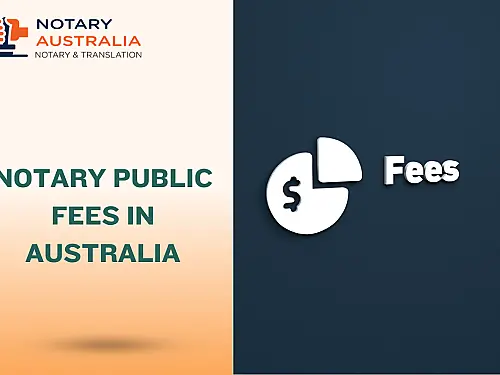

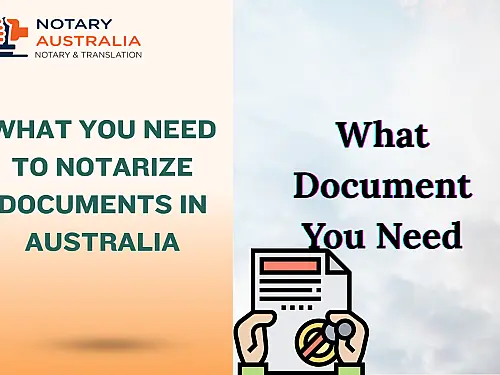
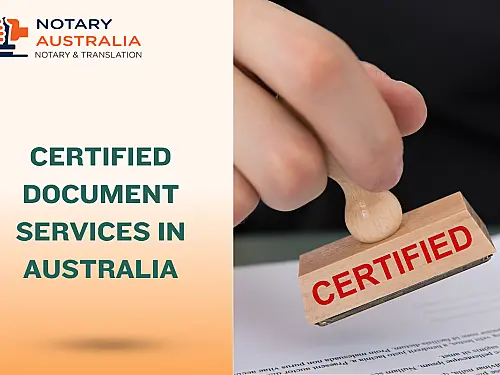
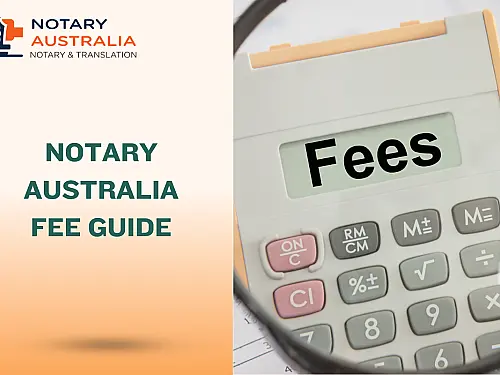

-thumb.webp)

